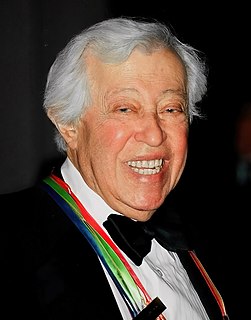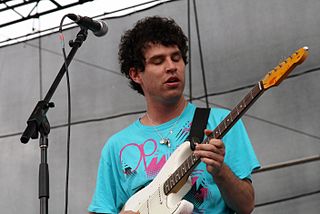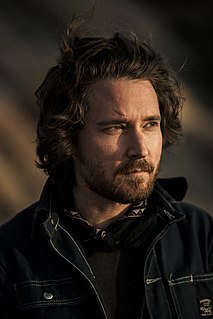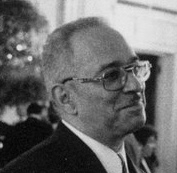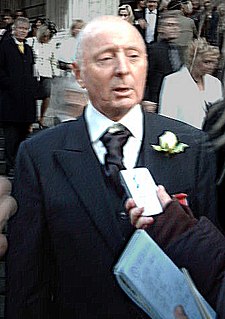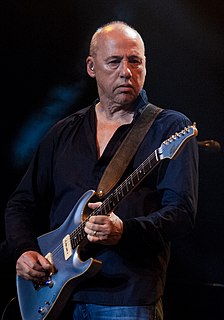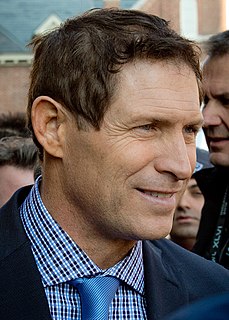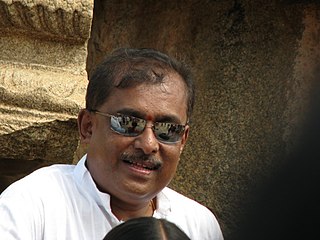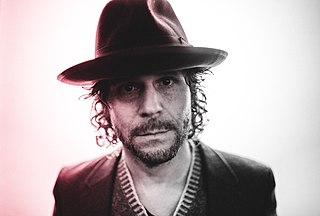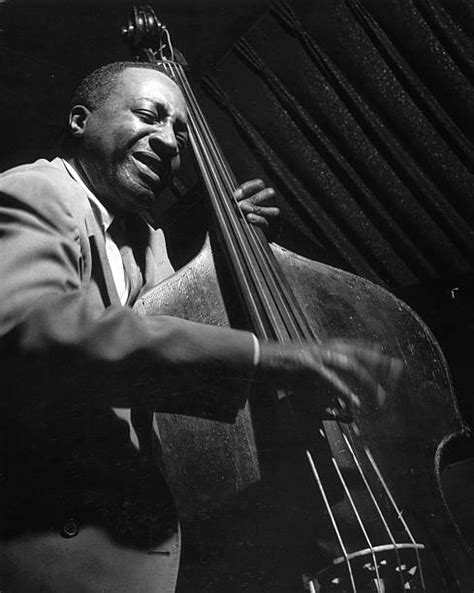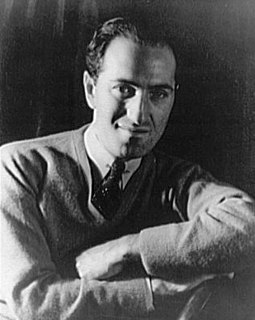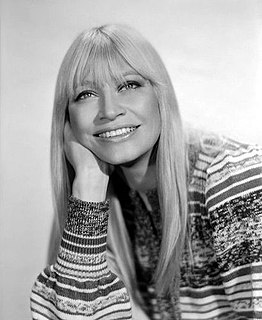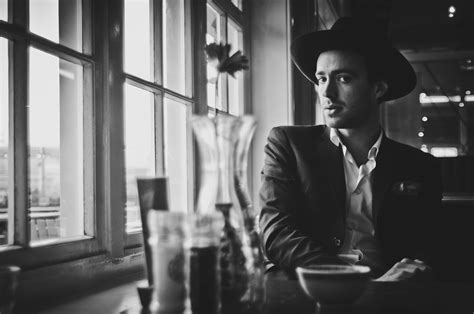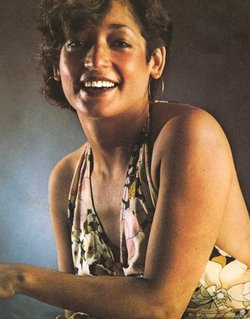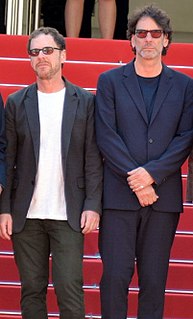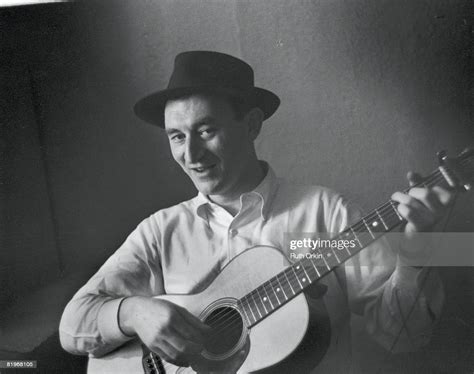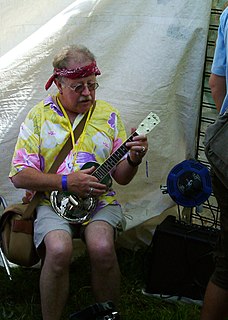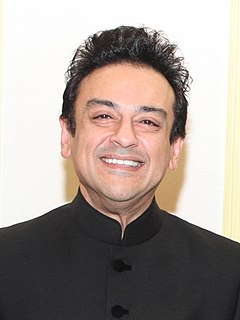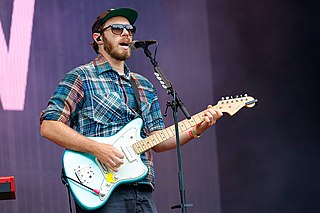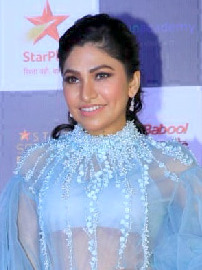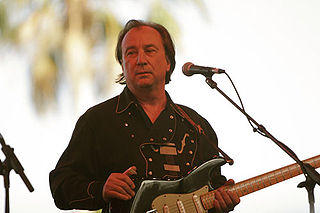Top 1180 Folk Quotes & Sayings
Explore popular Folk quotes.
Last updated on December 21, 2024.
It's weird, in New York, it's like the big theme of everything is folk music and interacting with people. Maryland is where the landscape of our music comes from, it was more like, let's walk around. People are saying that we are part of some sort of folk scene. We don't feel connected with it. We do live in the city, and communicate with people. It's all folk music.
Folk songs are evasive-the truth about life, and life is more or less a lie, but then again that's exactly the way we want it to be. We wouldn't be comfortable with it any other way. A folk song has over a thousand faces and you must meet them all if you want to play this stuff. A folk song might vary in meaning and it might not appear the same from one moment to the next. It depends on who's playing and who's listening.
I think there's a difference between the type of folk music that people put into the box of "folk music" and then there's the kind of folk music that I aspire to and am in awe of, and that is the kind of folk music where it's very limited tools - in most cases a guitar, in a self-taught style that is idiosyncratic and particular to that musician.
Most people's intuitions are drowned out by folk sayings. We have a moment of real feeling or insight, and then we come up with a folk saying that captures the insight in a kind of wash. The intuition may be real and ripe, fresh with possibilities, but the folk saying is guaranteed to be a cliche, stale and self-contained.
Now any person who plays an acoustic guitar standing up on stage with a microphone is a folk singer. Some grandmother with a baby in her arms singing a 500-year-old song, well, she's not a folk singer, she's not on stage with a guitar and a microphone. No, she's just an old grandmother singing an old song. The term "folk singer" has gotten warped.
When white supremacy becomes institutional, it begins to harm the very people who are not simply outside of it because of their race, it begins to harm the folk who look like the folk who want to be in charge. Martin Luther King, Jr., understood this, Malcolm X understood this, James Baldwin really understood this.
When I was young I wanted to make films and then I got into folk music when I was about 12, and started going to this folk club in Auckland. My dad [Barry Andrews] was in punk and post-punk bands, so I guess it was a side of music I hadn't really listened to before - the really narrative form of songwriting.
My music doesn't really sound like punk music, it's acoustic. And it doesn't really sound like folk music 'cause I'm thrashing too hard and emoting a little too much for the sort of introspective, respectful, sort-of folk genre thing. I'm really into punk and folk as music that comes out of communities and is very genuine and very immediate and not commercial.
I think what makes the Byrds stand up all these years is the basis in folk music. Folk music, being a timeless art form, is the foundation of the Byrds. We were all from a folk background. We considered ourselves folk singers even when we strapped on electric instruments and dabbled in different things.
There is not a history of black intellectuals being allied with dominant forces to hold white people in social and cultural subordination for a few centuries. Second, the "our" of black folk has always been far more inclusive that the "our" of white folk. For instance, there would have hardly been a need for "black" churches if "white" churches had meant their "our" for everybody - and not just white folk. But "our" black churches have always been open to all who would join. The same with white society at every level.
I remember the first time I was booked into a jazz club. I was scared to death. I'm not a jazz artist. So I got to the club and spotted this big poster saying, 'Richie Havens, folk jazz artist.' Then I'd go to a rock club and I'm billed as a 'folk rock performer' and in the blues clubs I'd be a 'folk blues entertainer.'

